The ways people are deliberately kept waiting
- Published
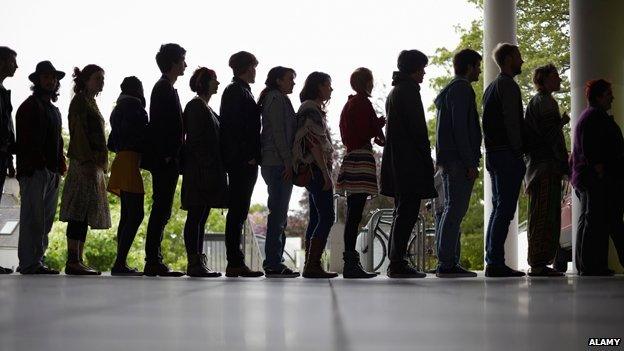
Summer is a time of endless waiting. Stuck in traffic jams. Queues at amusement parks. But sometimes it seems rather unnecessary.
UK drivers spend up to three days a year stuck in traffic jams, the statistics say.
Call centres are cathedrals of waiting. The equivalent of 760 years was spent by people collectively waiting on hold for Government telephone lines in 2012, according to MP Fiona Mactaggart, external.
Often people are kept waiting unnecessarily. Outside an empty nightclub for example, at the closed door of the headteacher's office or in a meeting room for the boss.
"Most people are always waiting for senior people," says Cary Cooper, professor of organisational psychology at Lancaster University.
"That includes almost every walk of life, from waiting for politicians to waiting for chief executives of companies, or even just your boss to come to a meeting. Frequently these senior people - some of them to exercise power and to exercise their status - come late so we sit round waiting for them."
Celebrities are often late. A Guardian journalist once waited two hours, 51 minutes, external for Naomi Campbell to arrive for her interview.
And Marilyn Monroe often left her co-stars, external twiddling their thumbs.
Good things come to those who wait.
"People often don't mind waiting," says Dr Joe Moran, a social historian and author of Queuing for Beginners: The Story of Daily Life from Breakfast to Bedtime.
"There's a status in queuing for Wimbledon tickets or for concert tickets - it's very much part of the experience and the build-up of excitement. Of course it depends what you are waiting for - waiting for the bus will never be quite as prestigious."
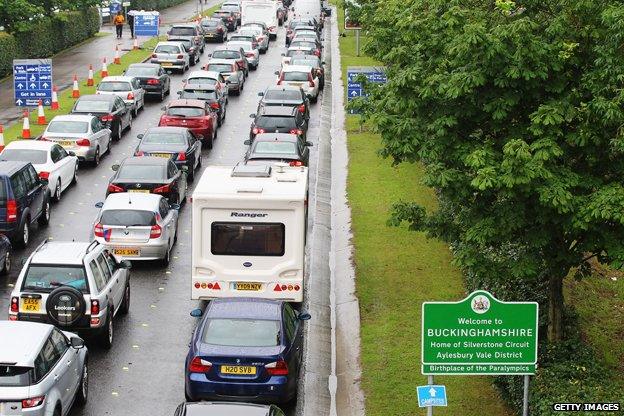
Guinness adverts have drawn on the intoxicating pleasure of anticipation. The slogan "Here's to waiting" turned the slow pouring of a pint into a virtue.
Film releases are deliberately staggered across the world to build excitement, building up a wave of publicity.
Queues are a common sight outside Abercrombie and Fitch shops - even if they are relatively quiet inside.
Three or four hours is the common waiting time at Berghain nightclub in Berlin, while London burger restaurant Meatliquor has an hour-long queue most nights of the week.
"The queue is still a theatrical thing," adds Moran. "It's tedious but it's the most visibly fair way of rationing a resource. It also makes something look popular."

Longest queues
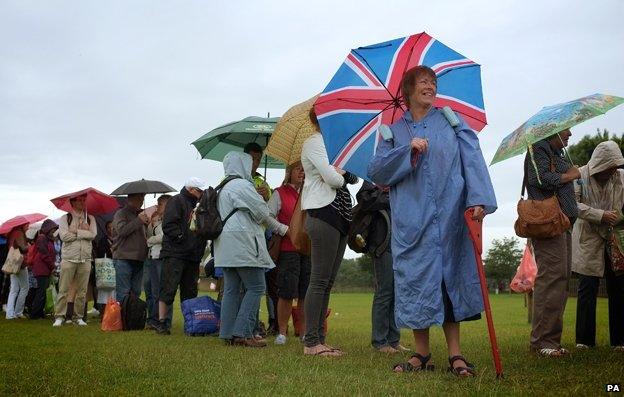
Survey carried out in 2009 estimated that Britons spend about six months of their life queuing, or five hours and 35 minutes each month for the average adult
In 2010 a traffic jam on the main north/south highway into Beijing stretched 60 miles from the capital to the northern province of Inner Mongolia; traffic was said at one point to be moving at a rate of two miles per day
Also in that year, the World's Longest Toilet Queue project managed to bring 100,000 people to queue worldwide in order to raise awareness of sanitation

Waiting for its own sake also has its place in arts culture. It lies at the heart of many pieces of music.
"Perhaps the most extraordinary example of keeping you waiting in western classical music is Wagner's Tristan and Isolde," says Stephen Johnson, a classical music scholar from Cardiff.
"He sets up a tension that cries out for resolution right at the beginning. What comes is not the resolution you might be hoping for - instead there's a long silence and then the yearning begins even higher."
The tactic is not always so highbrow. Josh Wink's dance track Higher State Of Consciousness is known for its slow build towards climax.
Claudia Hammond, author of Time Warped, says that enforced waiting can change the perception of time.
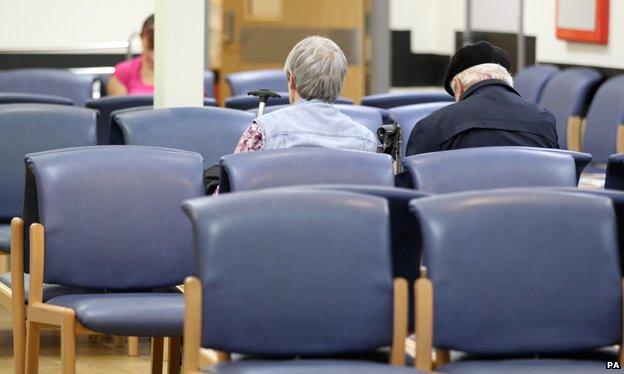
"We get this idea in our mind of how fast time normally passes, and the trouble with waiting - enforced waiting in particular where you've got no control over it at all - is that it slightly changes that sense," she says.
"If people have flu and they spend the week in bed, waiting in a sense to get better, it feels like an unbearably long time. but when they look back they haven't formed many new memories of that time because they didn't really do anything and then the time shrinks in the mind and it seems like a shorter time looking back."
Some of the most difficult waits are the open-ended ones.
Callers are more likely to stay on hold if they are told where in the telephone queue they are, according to research., external Left unattended, they are likely to hang up.
For prisoners, the relatively short wait for sentencing can be more difficult than the actual jail term.

More from the Magazine
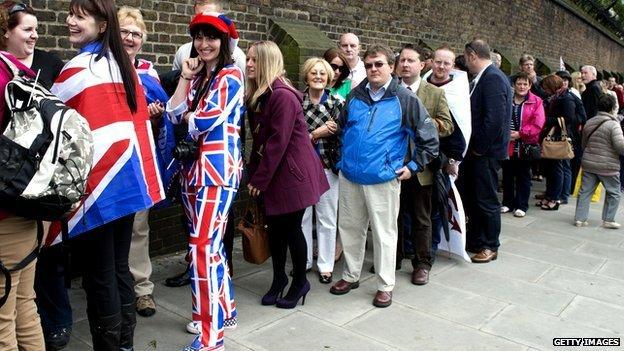
Queuing, it's what the British are renowned for doing - and doing very well. Better than anyone else in the world, if reputation is to be believed, but is queuing politely really the British way?

"The waiting is divided into two parts," says Shaun Atwood, former stock market millionaire turned drug dealer.
"On remand you're waiting to be sentenced and once you're sentenced you're waiting for your release date. That hardest part is the psychological torture of not knowing when you're getting out and it pushed me to the brink of suicidal madness."
He describes the day he was sentenced to nine-and-a-half years as one the happiest of his life.
"I was euphoric for days afterwards. I could see the day I was going to get out and the waiting for that day commenced. I could focus on that day and I had something to live for again."
Physician and writer Raymond Tallis presents The Waiting on BBC Radio 4 at 11:00 BST on 20 August - or catch up on BBC iPlayer
Subscribe to the BBC News Magazine's email newsletter to get articles sent to your inbox.